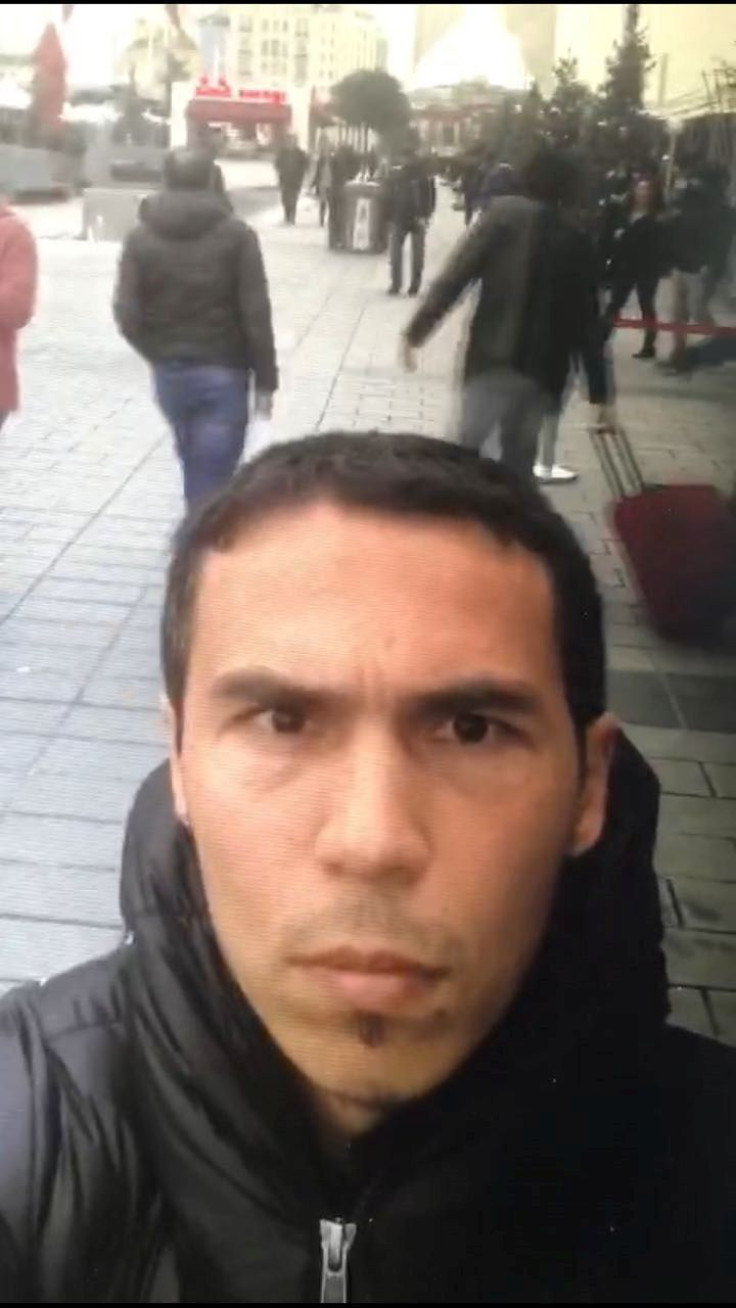ISIS Photos: Are Terrorists Taking Selfies Before Deadly Attacks?

A number of individuals suspected of conducting deadly attacks inspired by the Islamic State group, also known as ISIS, have posted pictures of themselves near their targets in what may be a chilling trend among those conducting terror attacks worldwide, Al Arabiya reported Wednesday.
The latest phenomenon occurred after French authorities identified Tuesday the man suspected of attacking four soldiers at the Louvre museum in Paris with a machete. Egyptian national Abdullah Reda al-Hamahmy was shot and arrested by security forces before causing any harm, which he said intended to inflict in order to "avenge the Syrian people." Moments before the attack, he reportedly tweeted out messages in support of ISIS. Hamahmy's account also revealed two selfies of him at the Eiffel Tower and Louvre.
Louvre Attacker Sent his father a selfie Right before His Attack : pic.twitter.com/UFRMxiphEy
— ✍🏻 Edward MB (@Dr_Edward_MB) February 4, 2017
Another terror suspect's selfie helped lead to his arrest. Abdulkadir Masharipov of Uzbekistan was arrested by Turkish authorities last month weeks after a massive manhunt to find the individual who opened fire in a popular nightclub in Istanbul, killing 39 people on New Year's. After the deadly attack, Turkish authorities released footage of a man taking a selfie video as he walked through Taksim Square. The man, now presumed to be Masharipov, was linked to the shooting, which ISIS took credit for.
Earlier that December, Anis Amri, originally from Tunisia, is believed to have deliberately driven a truck through a bustling Christmas market in Berlin. The attack took the lives of 12 people and sparked a European-wide investigation until Amri was shot dead in Italy later that week. A seflie video taken by Amri in Berlin was shared by ISIS-run media outlet Amaq days after the attack and right before Amri's death at the hands of Italian police in Milan. In the clip, Amri appeared to pledge his allegiance to global militant group and its leader, Abu Bakr al-Baghdadi.
REPORT: Amaq (ISIS news agency) claims Berlin attack suspect pledged support to ISIS in video pic.twitter.com/SrEylnDeLP
— Kai✌️ (@Kai_16388) December 23, 2016
Before Amri, it was Tunisian-born Mohamed Lahouaiej-Bouhlel who was believed to have driven his own truck into a crowded street in Nice, France, on Bastille Day, killing 84 people before being shot dead himself. Despite Bouhlel not displaying any clear, prior signs of radicalization, French authorities have said that the attack was "premeditated, prepared and planned." Days before, he posted selfies of himself and another unidentified man next to the same truck he is accused of killing dozens with.
DailyMirror: Chilling selfie shows Nice ISIS attacker posing by truck he used to kill 84 people … pic.twitter.com/zy7HNmgatI
— Victor254 News (@victor254news) July 19, 2016
Photo reportedly of Nice attacker posing for a selfie in the truck he used to kill 84 people https://t.co/61N5ZP0YrN pic.twitter.com/WuStugZpDo
— Nadia Daly (@nadiasdaly) July 20, 2016
Some Arab World media outlets have speculated that the trend could simply be attributed to the attackers attempting to blend in as tourists, while authorities in each respective investigation have also considered whether the selfie pictures and videos were displayed as boastful evidence of their upcoming acts.
© Copyright IBTimes 2024. All rights reserved.












